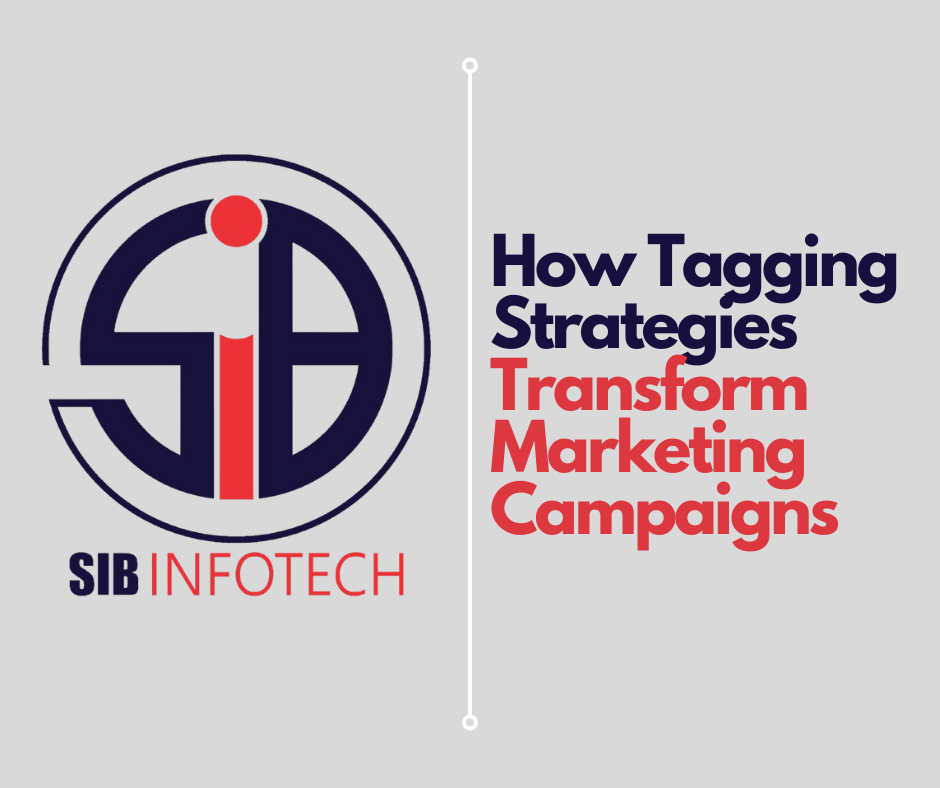In today’s digital age, competition for consumer attention is fierce. Marketing campaigns are no longer about merely broadcasting messages; they are about engagement, personalization, and precise targeting. This is where tagging strategies come in—a powerful yet often underutilized tool that can take your marketing efforts from average to exceptional.
Why Tagging Strategies Matter in Marketing
Every second, millions of pieces of content are uploaded to the internet. How do you ensure that your brand stands out? Tagging is the key. Whether it’s hashtags, metadata, or user tagging, the right approach can significantly impact visibility, reach, engagement, and conversion rates.
Without a structured tagging strategy, your content is like a message in a bottle—floating aimlessly in an ocean of information, hoping someone will stumble upon it. That’s not an option if you want to succeed.
The Power of Tagging in Marketing Campaigns
- Enhancing Content Discoverability
The digital landscape is ruled by search algorithms. Whether on social media or search engines, tags help categorize your content, making it easier for users to find.
- Hashtags on social media (LinkedIn, Instagram, Twitter) ensure your posts appear in relevant searches.
- SEO tags in blog posts and websites help Google rank your content higher.
- Product tags in e-commerce improve user experience by linking related items.
Urgency:
Without proper tagging, your content remains invisible to potential customers. Every post without strategic tagging is a wasted opportunity.
- Driving Higher Engagement and Reach
Tagging connects your brand to relevant conversations and audiences. A well-placed hashtag or mention can skyrocket engagement by attracting users who are already interested in your niche.
- Brand Mentions: Tagging influencers or brands increases interaction and exposes your content to a broader audience.
- User-Generated Content (UGC): Encouraging customers to tag your brand builds trust and credibility.
- Trending Hashtags: Capitalizing on trending topics boosts visibility and engagement.
Urgency:
Missed tags = Missed engagement. If you’re not tagging strategically, you’re letting your competition take over conversations that should include your brand.
- Improving Ad Targeting and ROI
Tagging isn’t just for organic reach—it’s crucial for paid advertising as well. Pixel tags, tracking codes, and UTM parameters provide deep insights into customer behavior, helping brands optimize ad performance.
- Facebook & Instagram Pixel Tags help track conversions and retarget customers.
- Google Tag Manager (GTM) allows you to analyze campaign effectiveness.
- Custom Audience Tags ensure ads reach the right people at the right time.
Urgency:
Every ad campaign without tracking tags is money wasted. Are you really maximizing your ROI?
- Strengthening Brand Identity and Authority
Tagging establishes brand presence. Consistently using branded hashtags and tagging thought leaders, partners, and loyal customers builds a strong identity.
- Nike’s #JustDoIt creates a movement, not just a marketing slogan.
- Coca-Cola’s #ShareACoke drives personalized engagement.
- Apple’s #ShotOniPhone turns customers into brand ambassadors.
Urgency:
If your brand isn’t using a unique hashtag strategy, you’re losing valuable branding opportunities. How will people recognize and remember you?
- Boosting Conversion Rates with Smart Tagging
Tagging doesn’t just increase visibility; it also guides customers through the buyer’s journey.
- Shoppable tags on Instagram and Facebook turn social media into a direct sales channel.
- Affiliate marketing tags help track influencer sales, optimizing partnerships.
- Personalized email tags increase open and conversion rates.
Urgency:
Without conversion-focused tagging, you’re missing out on direct revenue. Why let customers slip away?
How to Implement a High-Impact Tagging Strategy
✅ Research & Optimize: Use tools like Google Keyword Planner, Hashtagify, and BuzzSumo to find high-performing tags.
✅ Stay Consistent: Develop a set of branded hashtags and use them regularly.
✅ Track & Analyze: Use Google Analytics, Facebook Insights, and LinkedIn Analytics to refine your strategy.
✅ A/B Test Tagging Approaches: Experiment with different tagging methods and adjust based on performance.
✅ Educate Your Team: Ensure everyone handling marketing understands the importance of tagging.
Final Thought: The Future of Marketing is Tagging-Driven
Marketing is evolving fast, and tagging is no longer optional—it’s essential. Brands that master tagging gain visibility, increase engagement, drive conversions, and strengthen customer loyalty.
Are you using tagging to its full potential?
Every day you delay implementing a strong tagging strategy, you’re losing valuable traffic, engagement, and sales. Take action NOW.
Optimize your tagging strategy today—your competitors already are!

